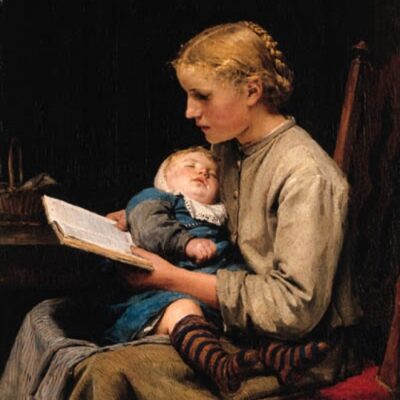Americanah by Chimamanda Ngozi Adichie
Before Americanah, Chimamanda Ngozi Adichie revealed her gifts as a storyteller in Purple Hibiscus, longlisted for the Booker prize, and Half a Yellow Sun, winner of the Orange prize. With Americanah, she offers these gifts again in a compelling love story but adds a raw, candid commentary of life in America. It is an America we avoid talking about lest we offend: an America that uses race as its major organizing principle.
Americanah’s narrative begins with the protagonist Ifemelu’s decision to return to Nigeria after living in America for thirteen years. Ifemelu represents a unique immigrant we don’t often see in novels: “raised well fed and watered but mired in dissatisfaction.” When she came to America, Ifemelu was not in danger; she wasn’t fleeing war or averting starvation. Instead, she was escaping “the oppressive lethargy of choicelessness,” things that she knows she’s supposed to like that she doesn’t like and things that she is supposed to believe that she doesn’t necessarily believe. Although she has achieved success in the U.S., she is homesick for Nigeria and misses her former lover Obinze. It is this longing, this “saudade” that convinces her she will be happier in Africa.
While living in American, Ifemelu starts a blog that she names “Raceteenth or Various Observations About American Blacks (Those Formerly Known as Negroes) by a Non-American Black.” Ms. Adichie weaves whole blog entries into the narrative of her story, showcasing her talent as a no-holds-barred social commentator. I offer the following quote as an example.
My Fellow Non-American Blacks: In America, You Are Black, Baby
Dear Non-American Black, when you make the choice to come to America, you become black. Stop arguing. Stop saying I’m Jamaican or I’m Ghanaian. America doesn’t care. So what if you weren’t “black” in your country? You’re in America now. We all have our moments of initiation into the Society of Former Negroes. Mine was in a class in undergrad when I was asked to give the black perspective, only I had no idea what that was. So I just made something up. And admit it—you say “I’m not black” only because you know black is at the bottom of America’s race ladder. And you want none of that. Don’t deny now. What if being black had all the privileges of being white? Would you still say “Don’t call me black, I’m from Trinidad”? I didn’t think so. So you’re black, baby. And here’s the deal with becoming black: You must show that you are offended when such words as “watermelon” or “tar baby” are used in jokes, even if you don’t know what the hell is being talked about—and since you are a Non-American Black, the chances are that you won’t know. (In undergrad a white classmate asks if I like watermelon, I say yes, and another classmate says, Oh my God that is so racist, and I’m confused. “Wait, how?”) You must nod back when a black person nods at you in a heavily white area. It is called the black nod. It is a way for black people to say “You are not alone, I am here too.” In describing black women you admire, always use the word “STRONG” because that is what black women are supposed to be in America. If you are a woman, please do not speak your mind as you are used to doing in your country. Because in America, strong-minded black women are SCARY. And if you are a man, be hyper-mellow, never get too excited, or somebody will worry that you’re about to pull a gun. When you watch television and hear that a “racist slur” was used, you must immediately become offended. Even though you are thinking “But why won’t they tell me exactly what was said?” [Kindle Version, pp. 272, 273]
















